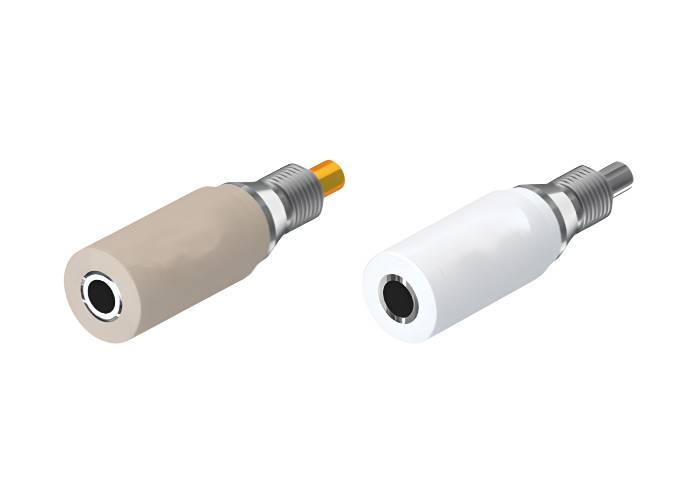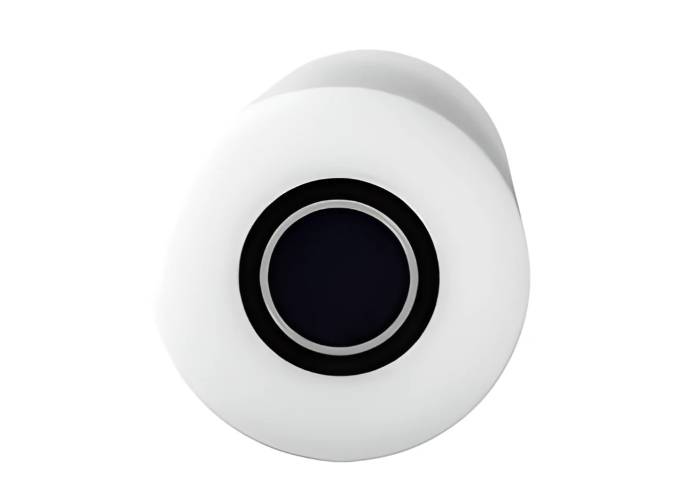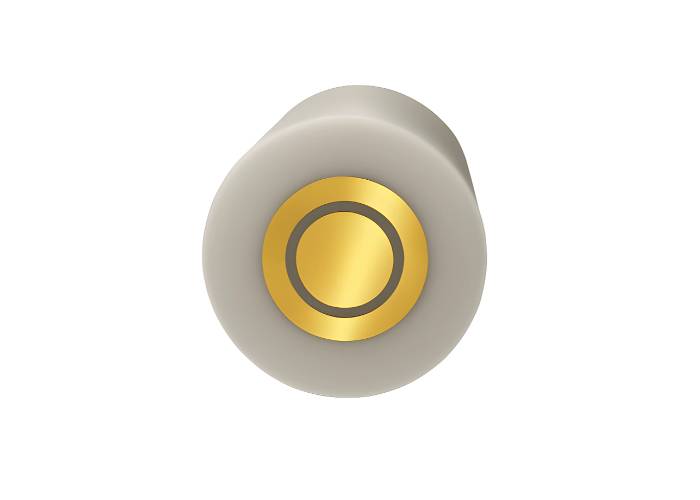RDE/RRDE Electrodes
Advanced RDE and RRDE electrodes designed for kinetic and mechanistic studies in electrocatalysis, corrosion, and sensor research. They enable precise control of rotation speed and electrode geometry, ensuring reproducible data for both academic and industrial electrochemical investigations.

Glassy Carbon–Platinum Rotating Ring-Disk Electrode (GC–Pt RRDE)

Platinum–Platinum Rotating Ring-Disk Electrode (Pt–Pt RRDE)

Glassy Carbon–Glassy Carbon Rotating Ring-Disk Electrode (GC–GC RRDE)

Overview
Rotating Disk Electrodes (RDE) and Rotating Ring-Disk Electrodes (RRDE) are essential tools in modern electrochemistry, enabling researchers to study reaction kinetics under well-defined hydrodynamic conditions. By rotating the electrode, a stable diffusion layer forms at the surface, allowing accurate determination of reaction rates and transport behaviour. ScienceGears offers high-quality RDE and RRDE electrodes engineered for precision, durability, and compatibility with leading potentiostat systems used across Australia and New Zealand.
Key Features
- Precision-machined electrode bodies for consistent rotation stability
- Multiple electrode materials available: glassy carbon, platinum, gold, nickel, and custom alloys
- Optional ring configurations for intermediate collection and mechanistic analysis
- Compatible with all available RDE and RRDE rotators in the market
- Easy electrode maintenance and replacement system
- Chemical-resistant insulation for long-term durability
- Compatibility: Fits RDE rotator shafts from Autolab, Ivium, Pine, ALS Japan, BioLogic, and Gamry
Applications
RDE and RRDE electrodes are widely used in:
- Electrocatalysis – oxygen reduction, hydrogen evolution, and CO₂ reduction reactions
- Corrosion studies for analysing metal surface behaviour
- Battery and fuel-cell research to examine charge-transfer kinetics
- Sensor development for detecting redox-active species
- Mechanistic studies involving intermediate collection using RRDE setups
Why Choose ScienceGears
ScienceGears is Australia’s trusted supplier of high-performance electrochemical instruments. With local expertise, responsive support, and collaborations with universities and industry labs across ANZ, ScienceGears ensures researchers obtain reliable data and seamless system integration for advanced electrochemical applications.
Disclaimer: ScienceGears is not affiliated with Autolab, Ivium, Pine, ALS Japan, BioLogic, or Gamry. Brand names are used solely for compatibility reference.
FAQs
1. What is the principle behind a Rotating Disk Electrode (RDE)?
An RDE rotates to generate a controlled laminar flow of electrolyte, forming a steady diffusion layer that allows precise kinetic and mass-transport measurements.
2. How does an RRDE differ from an RDE?
An RRDE adds a ring electrode surrounding the disk to capture intermediates or products, enabling detailed mechanistic studies of multi-step electrochemical reactions.
3. Which potentiostats are compatible with RDE/RRDE setups?
Any potentiostat supporting standard three-electrode configurations and rotation control can be used.
4. What research applications use RDE and RRDE electrodes?
They are widely applied in fuel-cell and battery studies, corrosion testing, CO₂ reduction, electrocatalyst evaluation, and electrochemical sensing.
5. How does ScienceGears support researchers in Australia and New Zealand?
ScienceGears provides local technical consultation, demonstrations, and after-sales support to ensure accurate and reproducible results across universities and industry laboratories.
Summary
RDE and RRDE electrodes are vital tools for modern electrochemical kinetic analysis. ScienceGears supplies these precision instruments throughout Australia and New Zealand, supported by local expertise and complete system integration for high-accuracy research outcomes.
Tags: Electrochemistry, RDE, RRDE, Rotating Disk Electrode, Electrocatalysis



